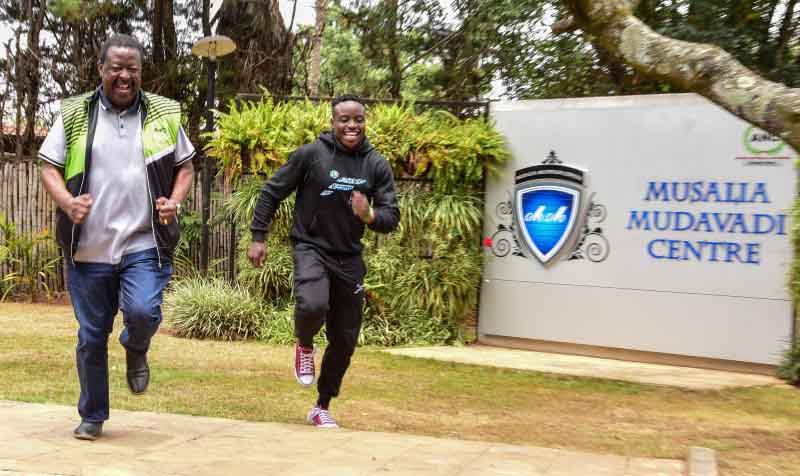
Even though President Kenyatta has lately hinted at backing ODM leader Raila Odinga’s presidential bid, Amani National Congress leader Musalia Mudavadi politically remains at close quarters with the president – a development that begs a host of questions.
Is Raila a decoy of sorts meant to bamboozle the rival camp of Deputy President William Ruto? And is Mudavadi the actual ace card in Uhuru’s highly guarded succession plot or is he the valuable “supersub” waiting on the reserve bench to be introduced at the “right time” in the ongoing game of high political stakes?